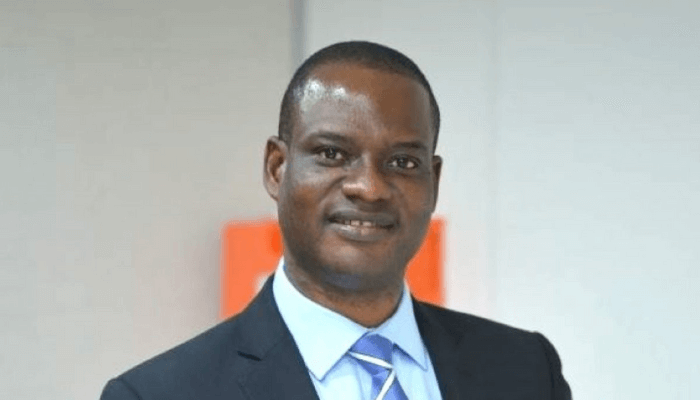The Federal government intends to invest $20 billion in new power plants and transmission lines, according to information obtained by The Punch, in an effort to increase electricity generation and ensure the stability of the national system.
The Nigeria Energy Summit’s opening ceremony in Lagos on Tuesday stated that the Power Minister, Adebayo Adelabu, made this announcement.
Adelabu stated in his speech at the conference that the FG would make significant expenditures to expand the electricity sector in 2023 and beyond.
“Through a number of initiatives, the Nigerian government is actively expanding the power sector. New power plants and transmission lines would be built under a $20 billion investment plan, he said, to increase power generation and grid stability.”
He claimed that FG was stepping up its efforts to generate at least 20,000 megawatts of electricity over the following three years. He stated that without energy, no substantial industrial expansion is possible because energy is the lifeblood of every economy.
“That is why my tenure would focus on increasing power generation to 20,000 megawatts in the next three years.” But without investments from all investors along the sector’s value chain, the aim would not be achievable. Everyone, from the utilities to the transmission and generation businesses, must be willing to invest in order to reach the goal, he continued.
The mid- and long-term power generation targets of 30,000 MW by 2030 and 60,000 MW by 2060 are reachable, the Minister claims. He insisted that there must be made to not only generate power, but also on how to transmit same to end users sufficient investments.
“The market for power in Nigeria is enormous. As a result, before expecting to see rewards, investors must be prepared for mid- and long-term investments. Equity and debt capital can provide the industry with the liquidity it needs,” he said.
The Exhibition Director, Informa Markets’ Nigeria Energy, Ade Yesufu, said during his opening presentation that the energy market was being restructured by promoting competition and private sector involvement.
In order to fulfill the objectives of the Nigerian Energy Transition Plan, he also revealed that focus would also be placed on renewable energy sources including solar and wind power. This was done to diversify the energy mix and lessen dependency on fossil fuels.
In order to improve the sector’s financial capacity, Yesufu noted that dealing with energy theft was another top objective.










